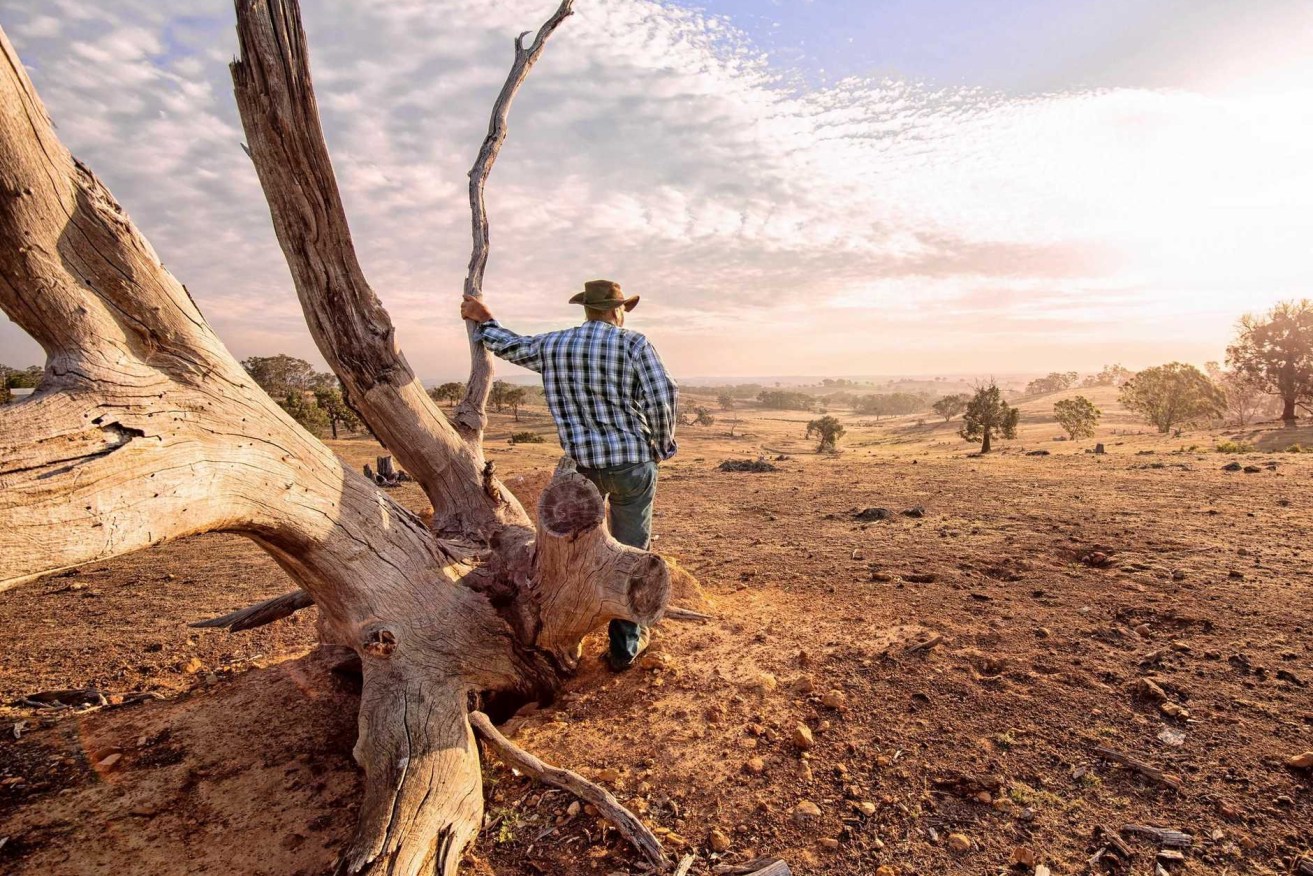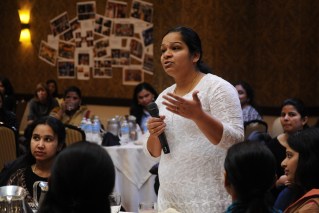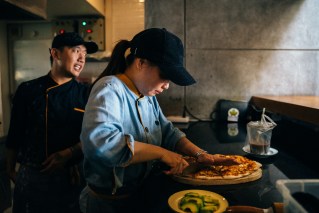Teenagers in the front line as their families battle the ravages of drought
Western Queensland teenagers whose families are impacted by drought are being forced to take time off school to help their struggling families.

Teenagers are required to help out as their families battle the effects of ongoing drought (Photo: Western Star).
While there have been some rains in western Queensland in recent months, much of the area remains in drought, which it has been for several years.
Kaitlyn Allen, 16, has lived on a property in the Maranoa region all her life.
“We have to buy feed for stock, and I have had to take the odd day off school to help feed. It really is a fulltime job,” she said.
Annabel Flower, 15, stated, “If we get enough rain, we can just put enough cattle out in the paddocks and it’s cheaper for us. When we’re in drought we have to buy feed for our cattle and mix it and take it out to them every day. It costs a fortune
“You don’t see that money. It’s also a lot more labour intensive. It’s a really strenuous job. It takes a good three hours a day. I would get home from school, chuck on a work shirt and go feed cattle until it gets dark.”
The Australian Bureau of Statistics Labour Force Survey of May 2020 reported that the agriculture, forestry, and fishing sector employs more than 80,000 Queenslanders. Anything that affects Queensland’s primary industries also affects its employees and their families.
Climate change is increasing the impact and severity of drought on agriculture – the heart of many rural Queensland communities and families.
Teenagers living in rural areas are the ideal group to lead the fight against this, due to their first-hand experience and young, fresh perspective.
Jamie Gorry, Bachelor of Environmental Science and Roma resident, fears the magnitude of the effects of climate change on drought, and the pressure that predicted heatwaves and droughts will put on town infrastructure.
“It’s going to impact everyone,” he stated, “So many people in Rural areas are employed directly or indirectly by agriculture”.
Gorry said that the way the climate varied so dramatically was a major issue in South-West Queensland. “Maranoa has a diverse climate with 30 per cent variability year on year and this is only going to get worse.”
He said this would result in farmers being unable to plan their crop cycles.
A farmer of cattle and crops in the Maranoa Region, Rohan Ballon, said “I have only been here for five years. But in those five years I have seen the backend of a couple of good seasons where we had above average rainfall. Then we had 18 months of hell.”












